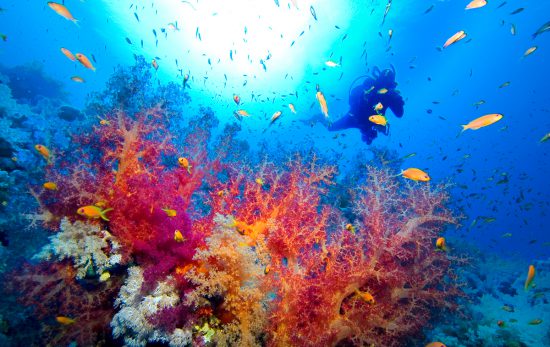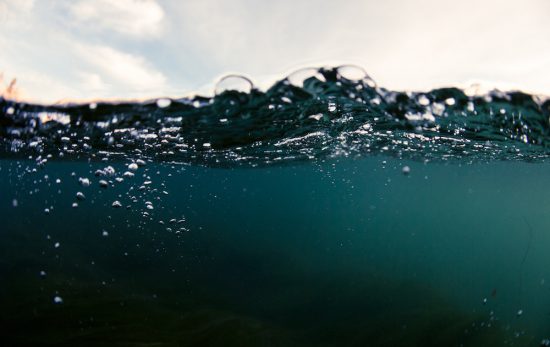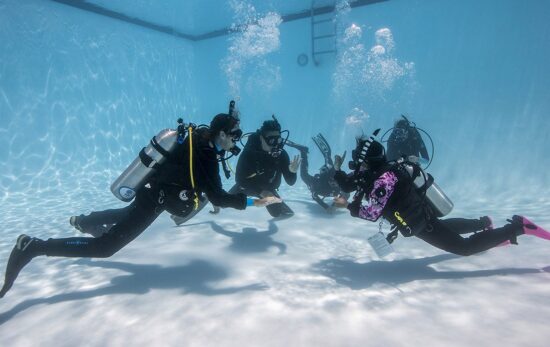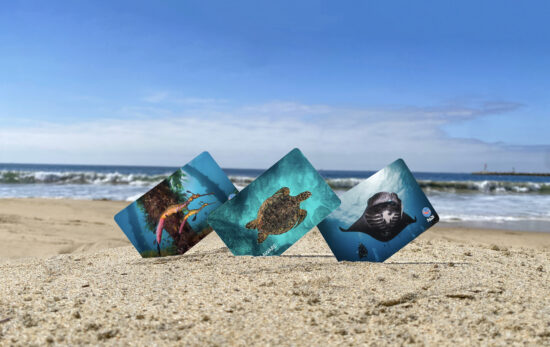Sure, you have a certification card, but that doesn’t always mean you feel confident to dive again after not diving for a while. If that’s your case, you may be in need of a PADI ReActivate scuba refresher program. Here are eight signs to look out for.
1. You can’t find your certification card.
Sure, someone from the dive center can call PADI or look up your certification to confirm you’re a certified scuba diver, but if you can’t find your PADI card, it’s a sign that perhaps too much time has passed since your last dive. If your certification card is lost or buried too deep in a drawer somewhere, it’s probably time for a refresher program.
2. You finally have a planned vacation and want to dive.
If you’re not a habitual diver but planning to do a few dives on your next vacation, you may want to take a refresher course before jumping into the water. Scuba diving requires specific skills and knowledge that can be rusty if not practiced regularly.
You could spend precious time catching up on skills at your destination — or you could do that work online and with your hometown dive center and have more time in the water during your holiday!
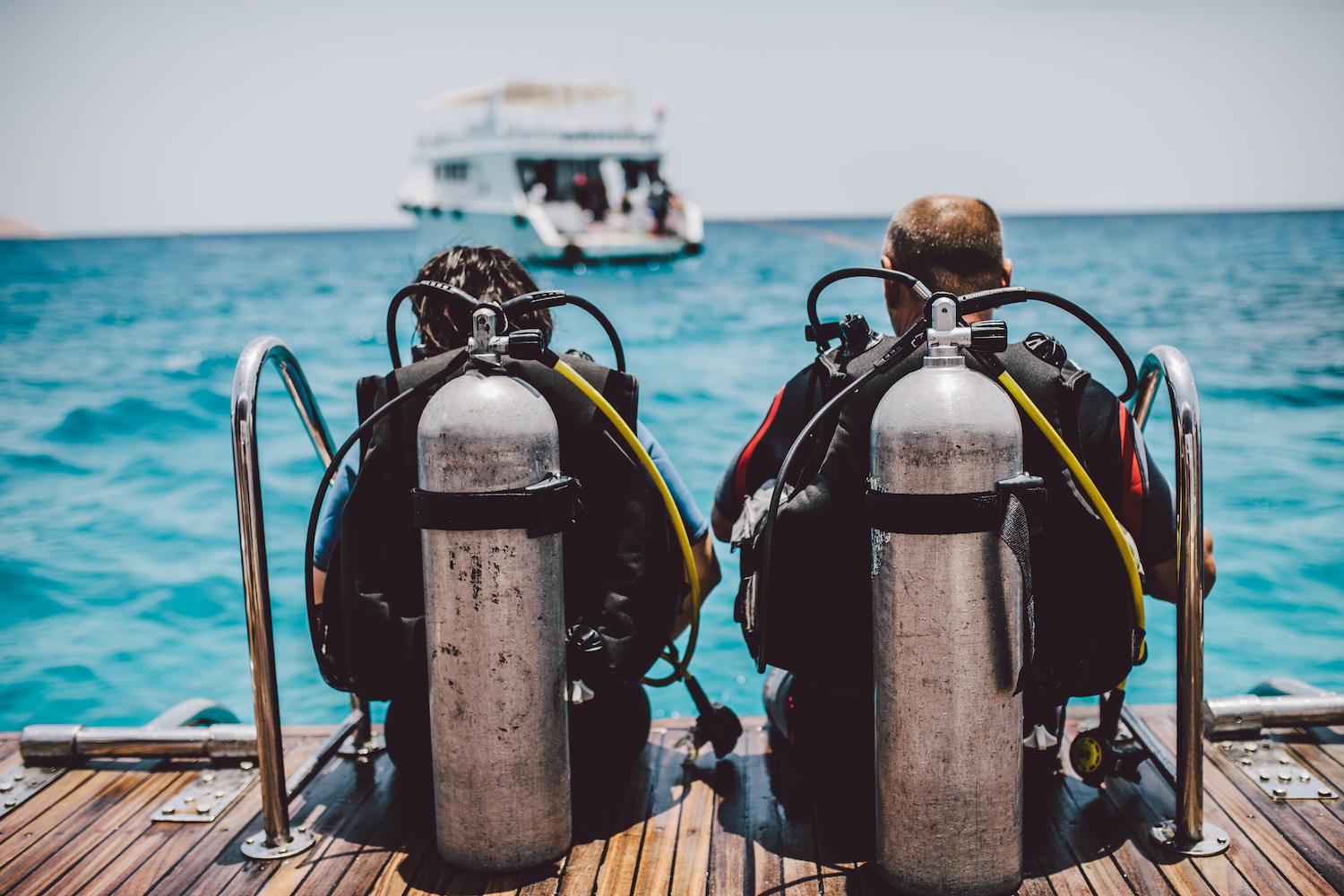
3. It’s been a while since your last dive, and you will be diving with your kids.
“A lot of times, we are dealing with families that got certified together,” says Lyn Fishman, owner of Mid-Atlantic Scuba Center located in Bensalem, PA, outside Philadelphia. “One thing I remind parents before they get in the water is that they are going to be responsible for another person, and I ask if they feel up to it.”
How about you? Are you feeling up to it? If your answer to this is “No,” you should seriously consider a refresher course. Or better still, why not take a refresher together as a family so you can all brush up on your skills?
4. Six to twelve months have elapsed since your last dive.
“One of the first questions we ask someone who is coming to dive is, ‘When is the last time you were in the water?'” says Jeff Cleary, owner of Sea Dwellers Dive Center in Key Largo, Florida.
Some dive shops will suggest a refresher if you haven’t been diving in six months, especially if you have less than 20 lifetime dives. If you have an extensive diving history (verified by a log book), you may not need to consider a refresher unless it’s been a year or more since your last dives. Most importantly, be honest with your dive center and follow their recommendations.
5. The thought of putting your gear together makes you nervous.
If you’re struggling to remember just how the gear fits together, you can always ask the Divemaster to assist you — but it might also be time for a refresher course. Being confident in your gear assembly is the first crucial step for a safe dive, and it can also make the whole experience more relaxed and enjoyable.
6. You’re feeling unsure about your diving skills.
Even experienced divers can sometimes feel unsure or anxious about their skills after taking a break from diving. This could be due to a change in dive conditions, such as colder water or stronger currents, or simply not having practiced certain skills in a while.
This is where a refresher course can be incredibly helpful. Not only will you have the opportunity to brush up on your skills, but you’ll also have an experienced instructor there to guide and assist you along the way. By the end of the course, you’ll feel more confident and comfortable to take on your next dive adventure.
7. You can’t remember when your last dive was.
If your last dive was more than a decade ago, you might need more than just a refresher course. Although certifications never expire, you can take the Open Water Diver course as many times as you’d like.
Remember that diving comes with inherent risks; ask yourself if those are risks that you are comfortable taking.
8. You’ve had a break from diving and had only a few dives before your break
Fishman always asks divers how long it’s been since their last dive. “Then I ask about the time before they stopped diving. I ask them to estimate how many dives they had before they stopped. For some people, it’s been 15 years, and they guess that they had maybe 10 dives before that,” says Fishman.
She adds, “It’s always their choice, of course, but we recommend taking a full course at that point.”
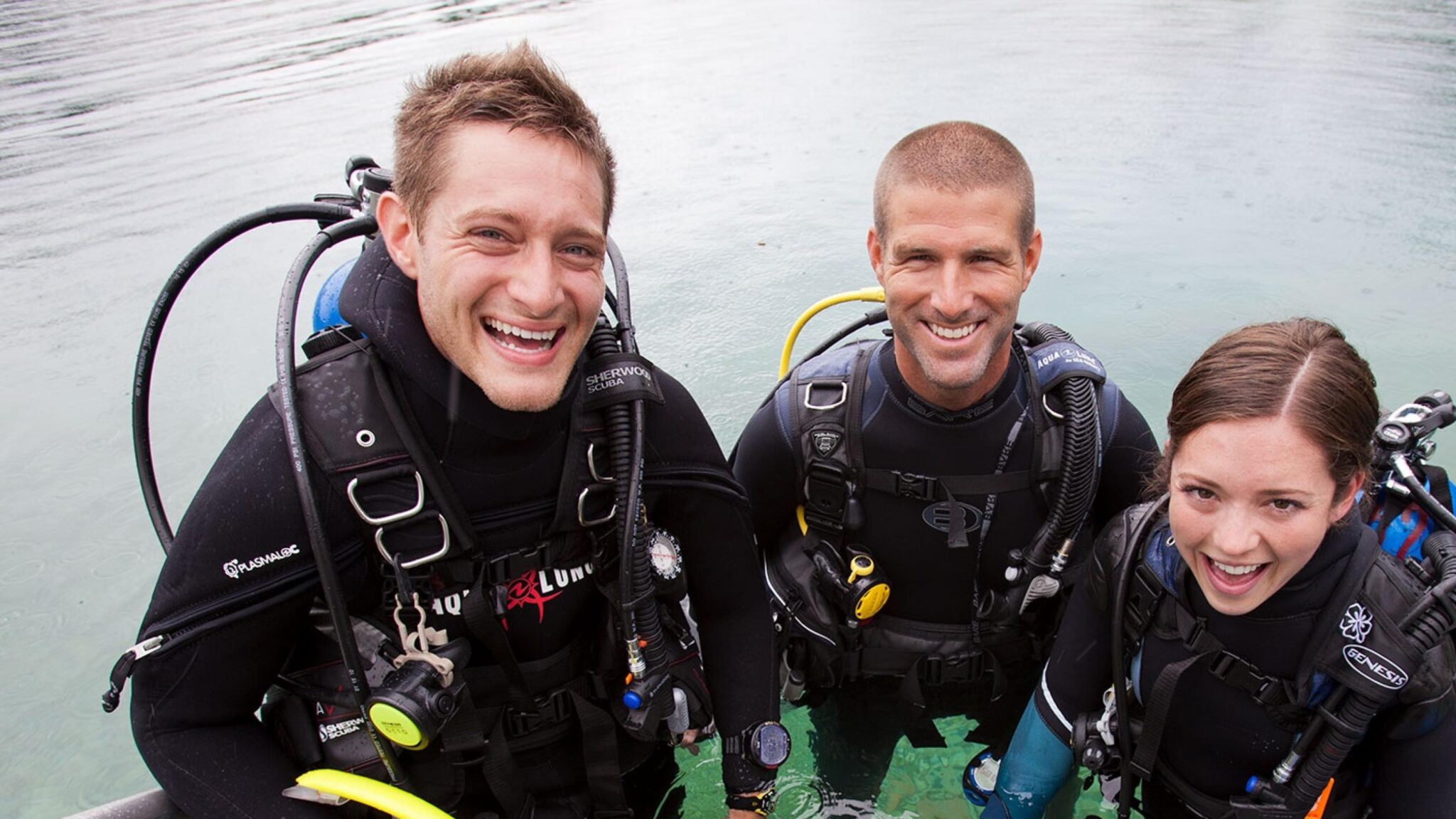
If you’re still unsure if you need a scuba refresher, know that you can always hire a private Divemaster to guide you and/or your buddy or family.
Always be honest and open when explaining your diving history and experience. This information is key to the PADI Divemaster / Instructor diving with you. It affects their choices when deciding on dive sites and enables them to ensure both you and your family or buddies are safe underwater.
Remember that when considering a refresh, ego shouldn’t come into play. It’s far safer to take a refresher course if you are unsure.
If you identify with any of the above, it might be time to purchase a PADI ReActivate program. PADI Club members get a free PADI ReActivate scuba refresher program, so consider joining Club before your next dive trip.
Then, once you have completed your scuba refresher, it’s time to book your next dive vacation! PADI Travel is here to help.
